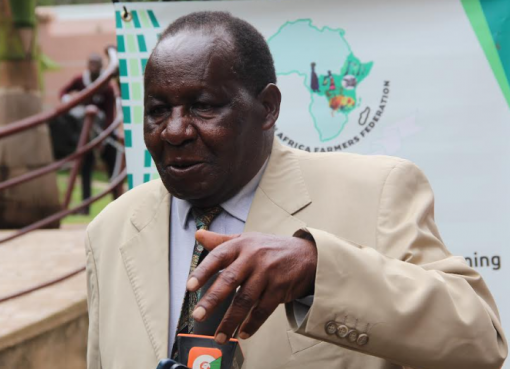Kenyans have been advised to manage their expectations with regards to the oil discoveries in Turkana and others parts of the country since the earliest they could reap the benefits was in 2027.
Petromall company chairman Greg Coleman said that the revenue that would go to the Treasury would come five years after commercial production of oil commences and that was not going to happen until 2022 – meaning the government would start getting oil money in 2027.

Coleman, who spent 30 years as Global Vice President at British Petroleum (BP) Plc, while speaking in Nairobi during a discussion covering the emerging challenges in the oil and gas exploration facing in East Africa.
He said that there was a lot of money that is going to be invested including investment in the right professionals and this needs a lot of patience until the revenue starts to flow in the years to come.
“The early oil scheme is designed in a way that the investors in the drilling process can confirm that there is enough oil reserves which can be commercially developed. It is very difficult to spend US $15 billion in an uncertain development so it is a risk management activity for the owners because there is a huge sense of uncertainty of the amount of oil that is going to be recovered,” said Coleman.
He said that people make it sound certain but there is a lot of risk to be managed and things don’t always go as planned thus the need for companies to be cautious.
He added that there is a lot of competition in the world for high risk capital adding that several oil companies, including Tullow, have discovered billions of barrels of oil at Gayana on the North Coast of South America thereby causing high risk capital competition between Kenya and Gayana. “So it is a global competition for funds,” Coleman said.
Coleman added that Kenya needed to be globally competitive in matters licensing, marketing and local people capability in the oil sector as these were some of the factors that companies weighed when they wanted to invest their money.
“There are numerous lessons to learn from oil exporting countries like in South America where there are good developments such as Colombia and Chile and some don’t go so well when the central government tries to control everything like in Venezuela so the most important lesson is to be as open as possible with the money issues on the side of oil companies and the governments too,” said Coleman.
By Joseph Ng’ang’a



